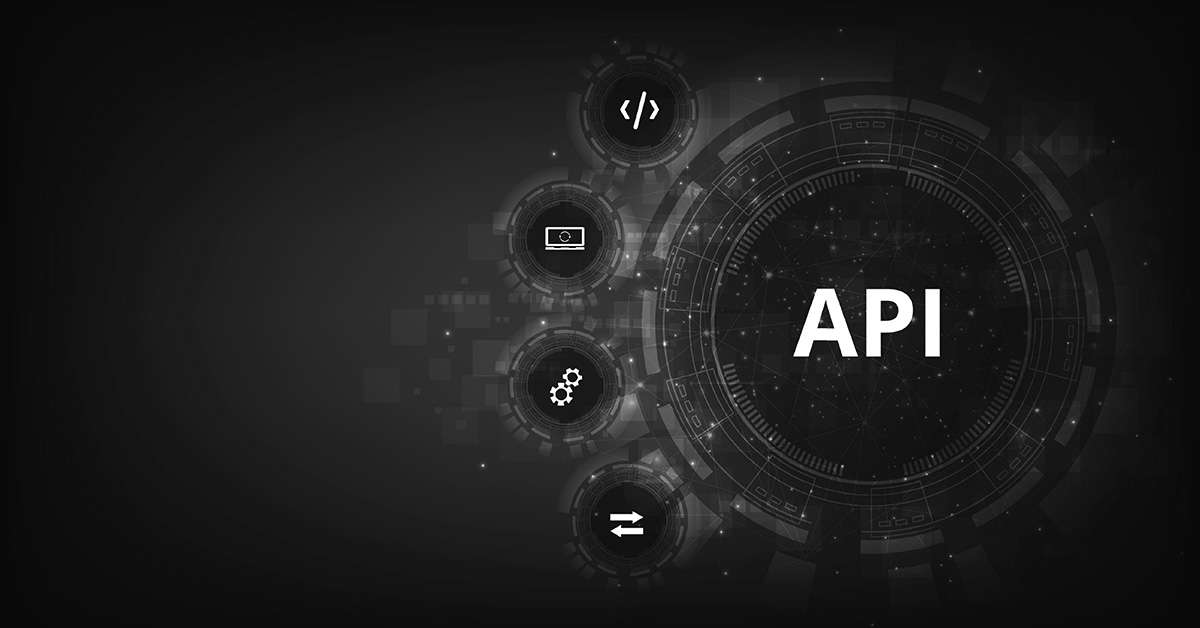The growth of APIs attracts Cybercrime: How to prepare against cyber attacks
Application Programming Interfaces (APIs) have profoundly transformed the internet’s fabric. In the pre-API era, digital interactions were limited by siloed systems functioning in isolation. APIs dismantled these barriers by introducing a universal language that diverse applications could comprehend. This linguistic bridge facilitated an unprecedented level of interconnectivity between software entities.
APIs are the conduits through which software components communicate, interact, and share functionalities; this has led to an environment where applications, platforms, and services seamlessly collaborate, transcending their capabilities. The internet, once a collection of discrete entities, has morphed into an intricate web of interwoven functionalities that users traverse effortlessly.
Moreover, APIs have been instrumental in democratizing technological innovation. By allowing developers to harness existing functionalities, APIs accelerate the creation of novel solutions, propelling the evolution of applications across domains like e-commerce, mobile apps, cloud computing, and beyond.
The concept of modularity has been reshaped by APIs, giving rise to microservices architecture. This approach, underpinned by APIs, enables applications to be composed of smaller, specialized services that communicate harmoniously. Consequently, scalability, maintenance, and flexibility are greatly enhanced.
In essence, APIs have unfurled a landscape where digital interactions are fluid, innovation is rapid, and the internet’s potential is boundless. The transformation they’ve ushered in has redefined how we envision, construct, and experience the digital realm.
As API adoption increases, so too have the attacks launched upon them. Unique attackers have grown by 400% within a six-month period. And API attacks can be highly damaging; an attack on the Australian telecoms giant Optus exposed the information of more than a third of Australia’s total population. This article will explore the evolving landscape of API-based cyber threats and outline practical strategies to bolster your defenses.
API-Related Cyber Threats
- Injection Attacks: Like traditional software applications, APIs are…

